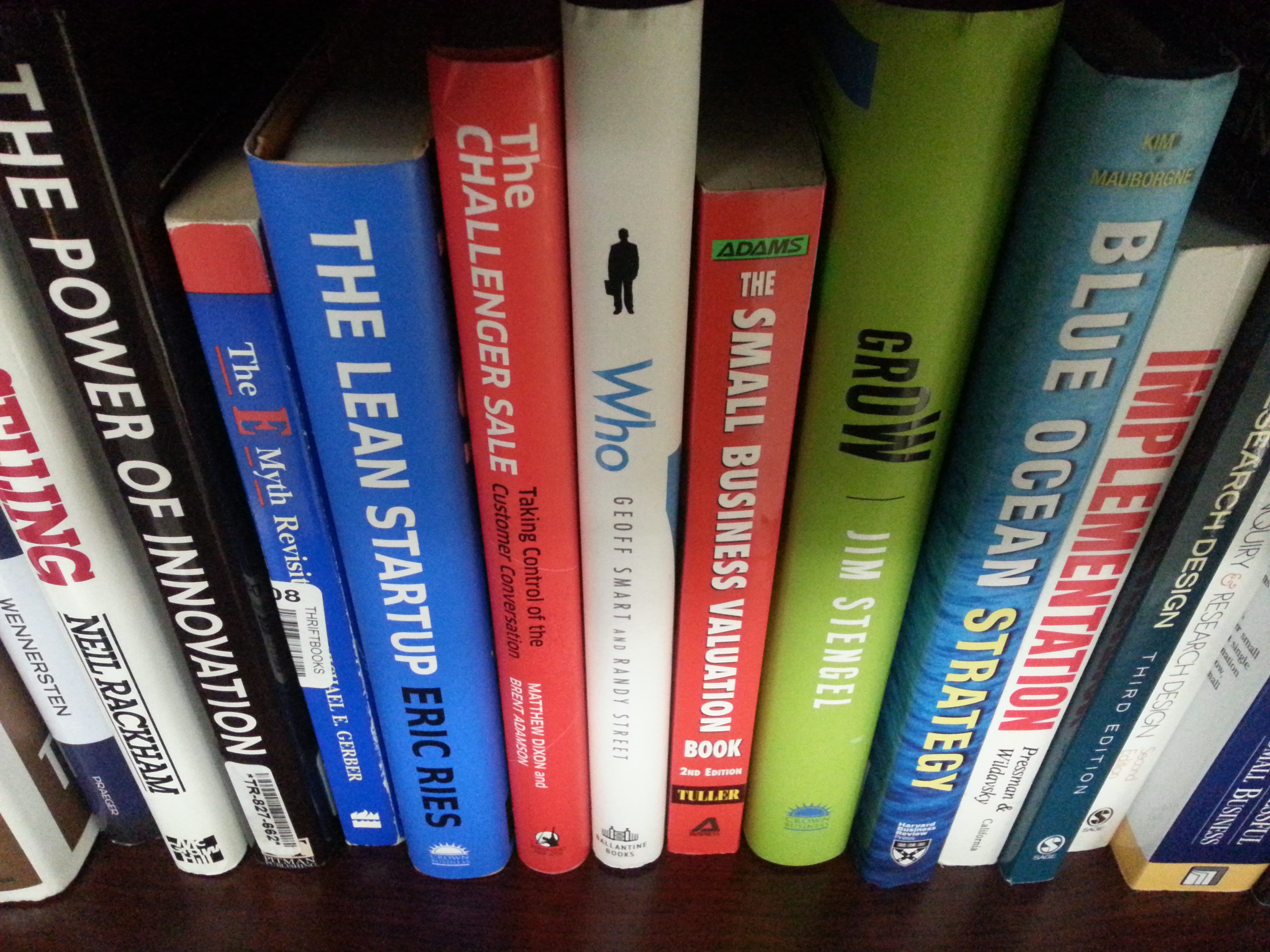Last week I attended an entrepreneurship panel in downtown Denver with a focus on how to identify companies that had the best chance of success. Last night I read an article from a nationally known venture capitalist discussing the top five ways to attract venture funding. There was one prominent, important, and identical statement which overlapped both pieces of advice: Have an intimate familiarity with the industry that has the problem you wish to solve.
Panel experts’s experiences showed that entrepreneurs who start businesses in industries in which they are knowledgable have better outcomes. Venture capitalists say they are more likely to fund or support these entrepreneurs should they need it. In a way these business owners seem to be double insulated over start-ups that create products to address problems in industries their founders have little or no experience working in.
While this advice may seem obvious, it is nowhere near a golden rule in company creation. I teach entrepreneurship and business feasibility planning. More frequently than not my college classes are full of bright and enthusiastic students who spend a lot of time trying to address a new trend rather than solving a problem they have some real world familiarity with. I am not surprised. For most new or young entrepreneurs, entrepreneurship means doing something new, unique, or cutting edge. So all semester long I have to remind my students that no one gets a grade for having the best idea – that my perceived inventiveness of their start-ups has nothing to do with their success in the class – and that I am most interested in knowing they can create thorough feasibility plans with specific action items and realistic accounting.
The students who take my assertions to heart have the highest grades and the most success in my courses. The reason is very simple: The students who explore market problem solving and company formation within the confines of their own personal experiences have a huge head start over students who choose to explore business formation in industries they do not know anything about. Successful students already know of plenty of resources to get them started. They have at least some familiarity with the appropriate trade publications, customer demographics, retail costs, current marketing strategies, and market trends. These students do not have to spend an entire semester discovering and researching every single variable related to their businesses. This extra time generally translates to more thorough feasibility studies – and better grades.
Out of college and back in the real world, this same trap is pretty common. I have very successful friends who have had great ten year careers working for companies, but are ready for something new. Most often they talk about starting their own businesses (and the more we drink the more we all agree it should be a bar). But what they don’t talk about is any kind of industry specific problem that they are familiar with that they could solve. Rather, they brainstorm about holes they perceive in the market (i.e. “Everyone wants a new Mexican restaurant on this side of town.”). Or most often they confuse personal problems with market problems (i.e. “I have to drive two miles to find a car wash.”). These are NOT lightbulb moments! They might be good places to start, but for first time entrepreneurs they are not the kind of discoveries that warrant mortgaging the house and cashing out Johnny’s college fund.
Now if money is not the primary motivator for your move from employee to employer, then by all means follow your dreams and reach for the stars (and other pieces of fortune cookie business advice). But for those new entrepreneurs attempting to create a financially sustainable alternative to taking a job right out of college, or continuing to work for someone else, the best advice might be the most boring: Find a market problem (a.k.a. “opportunity”) you can personally solve with a combination of your own talents, interests, and experiences – and make sure it is in an industry you actually know something about.
